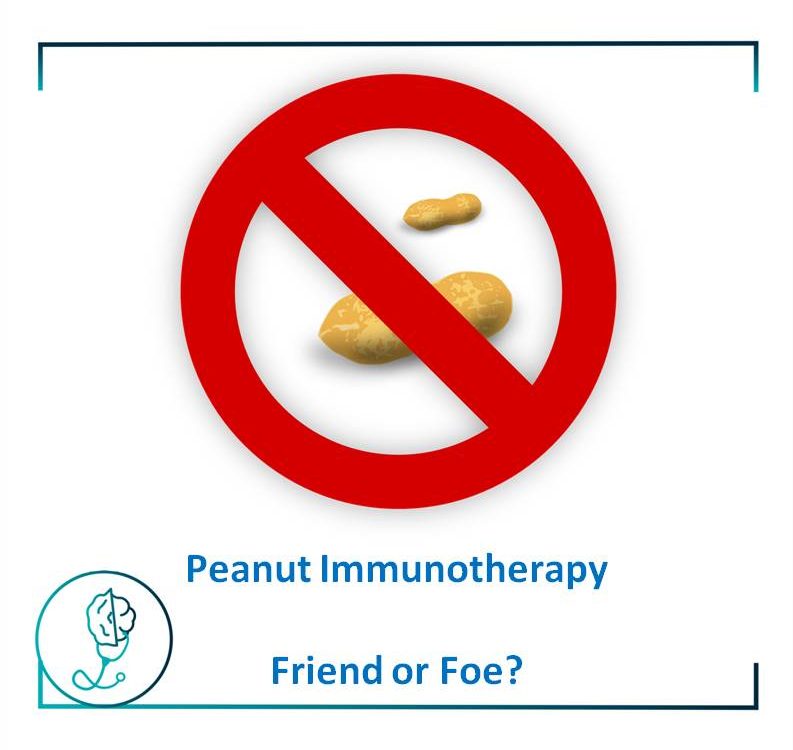Peanut Allergy and Household Dust

Summer Camps and Allergies
07/03/2021
Anaphylaxis
27/03/2021A recent publication showed there are significant peanut proteins in household dust.
But what is the relevance of this study, and how does it apply to the development of allergies?
- It is known that during the first year of life, exposure to allergens will lead to the development of either tolerance or allergy.
- With the loss of the natural skin barrier, the presence of eczema increases the risk of developing sensitization to the allergen that gets in contact with the skin.
The best course of action to deal with eczema and potentially prevent the development of allergies should be:
- Apply moisturizers as often as you feel the skin is dry to the touch.
- If that is not solving the problem, speak to your doctor as the child might need topical steroids as well.
- Consider the possibility of an allergy leading to eczema and consider an exclusion diet. That should be guided by a paediatric allergist and a paediatric allergy dietitian.
(In due course, I will publish more information regarding eczema and the best way to take care of it.)
(Main article – “Mass spectrometry confirmation that clinically important peanut protein allergens are in household dust”; Helen A. Brough, Elizabeth Naomi, Clare Mills, Kerry Richards, Gideon Lack, Philip E. Johnson; 04 October 2019)


